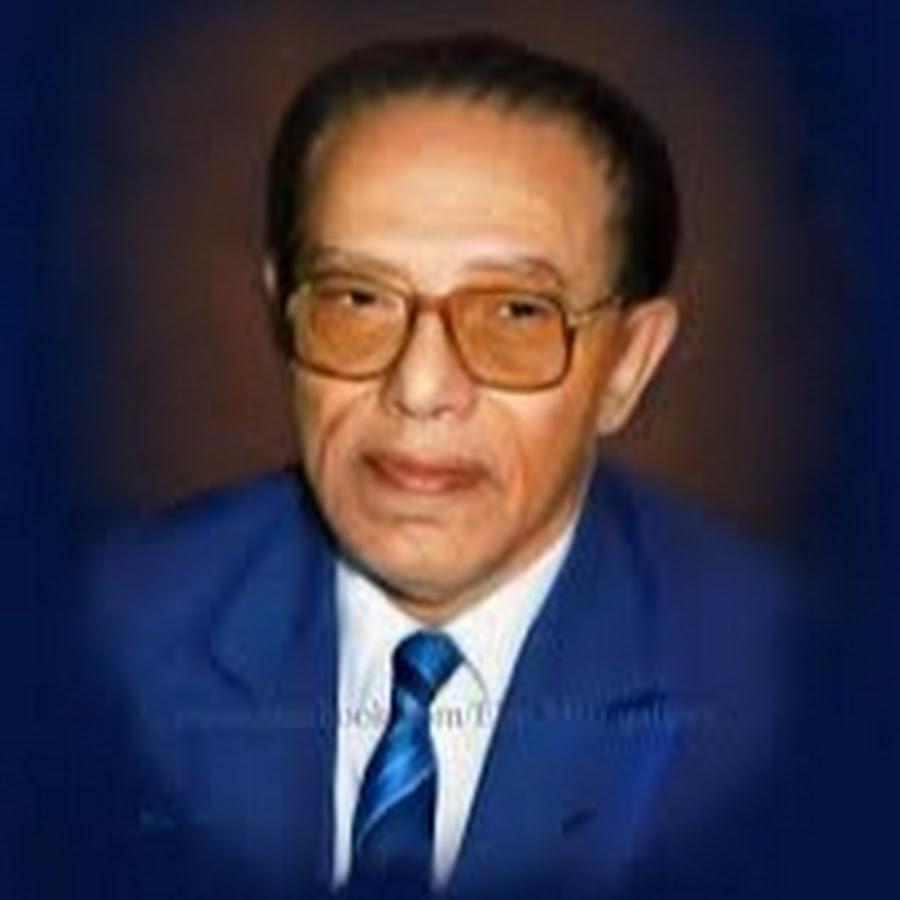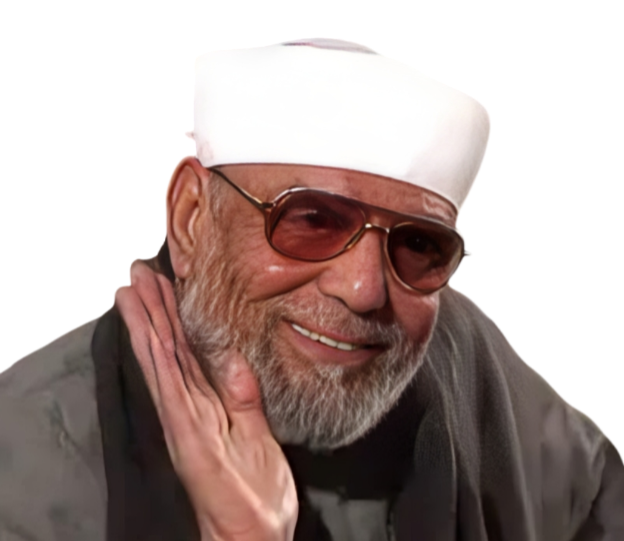Dr.Mustafa Mahmoud
was a prominent Egyptian philosopher, physician, and writer

- Name: Dr.Mustafa Mahmoud
Mustafa Mahmoud
Mustafa Mahmoud was a prominent Egyptian philosopher, physician, and writer, who left a significant mark in the fields of literature, science, and religion. He authored 89 books that cover a diverse range of subjects, including science, religion, philosophy, sociology, and politics, in addition to stories, plays, and travel narratives. His writing style is characterized by depth and simplicity, making it appealing to readers.
(December 27, 1921 – October 31, 2009)
Television Programs
Mustafa Mahmoud hosted over 400 episodes of his famous television program "Science and Faith," where he explored scientific and religious topics in an engaging and interactive manner.
Institutional Achievements
In 1979, he established a mosque in Giza known as "Mustafa Mahmoud Mosque," which also includes three medical centers dedicated to treating low-income individuals. Additionally, he created medical caravans consisting of 16 doctors and founded the astronomical society at Mustafa Mahmoud Mosque, along with a geology museum managed by specialized professors, housing a collection of granite rocks, preserved butterflies, and some marine organisms. In recognition of his contributions, an asteroid was named (296753) Mustafa Mahmoud.
Early Life
Mustafa Kamel Mahmoud Hussein Al-Mahfouz was born on December 27, 1921 in the village of Mite Khakan in the Shebin El-Koum district of Menoufia Governorate. He belonged to a noble lineage, tracing his ancestry back to Ali Zain al-Abidin. His father passed away in 1939 after a long illness. Mustafa studied medicine and graduated in 1953, specializing in chest diseases, but chose to dedicate himself to writing and research starting in 1960.
He married in 1961, but the marriage ended in divorce in 1973, and he had two children, "Amal" and "Adham." He remarried in 1983 to Zainab Hamdi, but this marriage also ended in divorce in 1987.
Intellectual History
In the early 20th century, there were intellectual discussions surrounding atheism in the Arab world, with figures addressing issues of faith and doubt. Mustafa lived in Mite al-Karamaya near the famous "Station" mosque, which significantly influenced his thoughts and orientations.
Academic Beginnings
Mustafa excelled in his studies, but he dropped out for three years after being punished by an Arabic teacher. He resumed his education after the teacher transferred to another school. As a child, he set up a small lab in his father’s house to make soap and pesticides, where he would dissect insects.
When he entered medical school, he gained the nickname "the dissection expert" due to his intense interest in anatomy and his inquiries about life, death, and what lies beyond.
Accusations and Confessions
Mustafa faced various criticisms regarding the contradictions in his political views; however, he maintained that he was not in a position of blame. He believed that admitting his past mistakes was a form of courage and self-critique, a quality lacking in many who fall into arrogance.
Notable Quotes
- "A successful person is one who screams since birth, ‘I came to the world to differ with it,’ and never ceases to raise his hand in the innocence of childhood to shatter all injustice and falsehood."
- "A letter cannot grasp the purpose of its existence unless it understands the role it plays in the line of letters, and the meaning it conveys within the article, and the article within the book."
- "Those who possess truths live in constant fear that a hidden truth within them, which they are unaware of, might lead them to destruction; they tremble before their own souls and before God, and that is true knowledge of oneself and of God."
- "Maintaining distance in human relationships is like maintaining distance between vehicles while driving; it is the necessary prevention from catastrophic collisions."
- "True happiness, in its only possible meaning, is the reconciliation between the apparent and the hidden; it is the reconciliation between the individual and their own self."
- "If material things were more important than spiritual ones, the body would be buried in the ground, while the spirit would ascend to the heavens."
In this way, Mustafa Mahmoud left a significant intellectual and cultural legacy that continues to inspire new generations and encourages deep reflection on issues of existence and faith.

